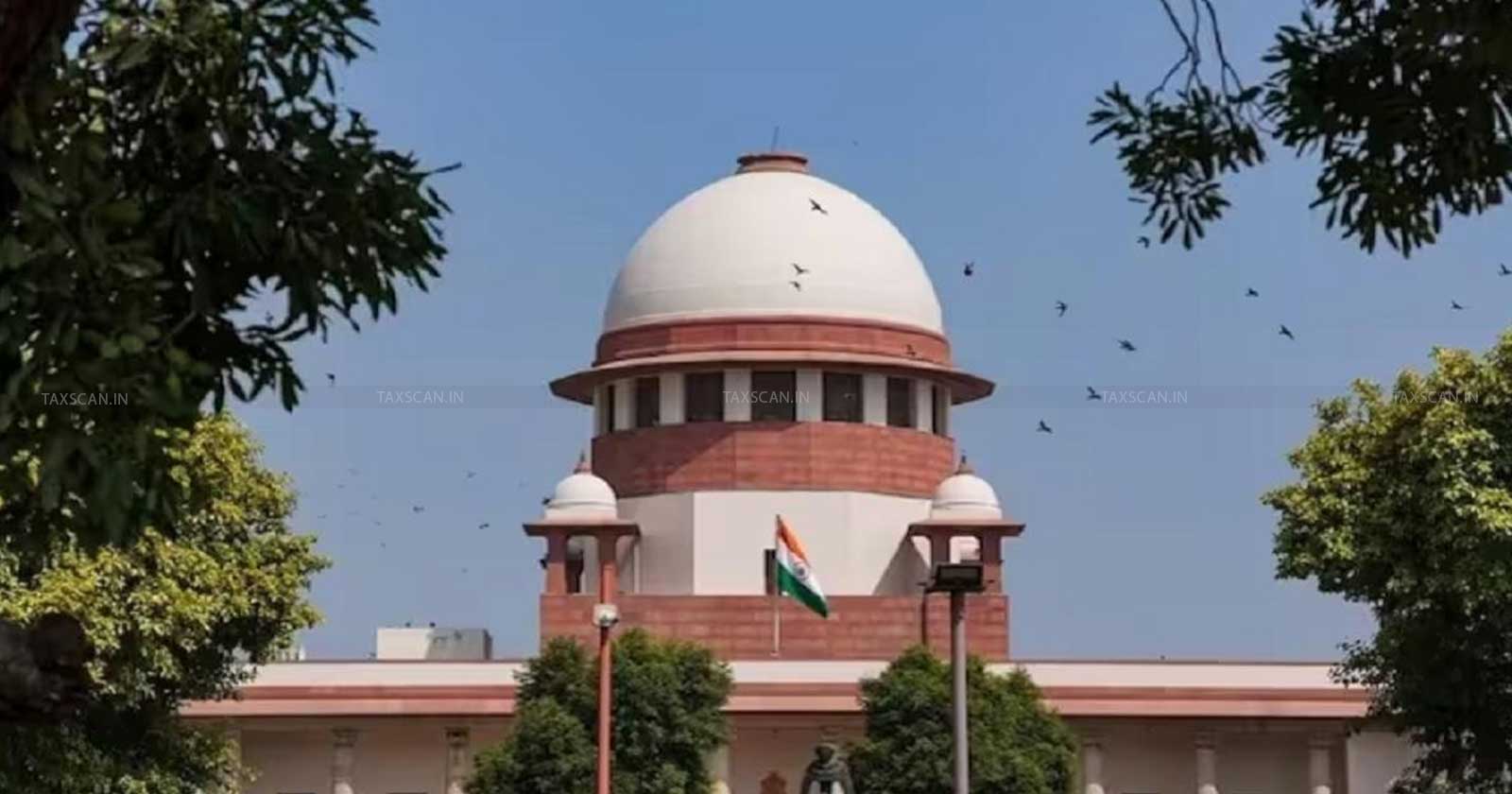Supreme Court quashes Penalty against Commercial Tax Officer due to Lack of Evidentiary Value in Disciplinary Case [Read Judgement]
The supreme court, while quashing the penalty observed that mere production of documents is not enough, contents of documentary evidence have to be proved by examining witnesses

Supreme Court quashes Penalty against Commercial Tax Officer due to Lack of Evidentiary Value in Disciplinary Case
Supreme Court quashes Penalty against Commercial Tax Officer due to Lack of Evidentiary Value in Disciplinary Case
The Supreme Court quashed the penalty against the commercial tax officer on the grounds that its evidence in the disciplinary proceedings against him was not proper. The bench restored the decision of the tribunal and set aside the judgement of the Allahabad High Court.
The Special Leave Petition was filed by Satyendra Singh, a Commercial tax officer, against the judgment passed by the Allahabad High Court, which set aside the order passed by the State Public Services Tribunal, Lucknow.
The appellant faced disciplinary proceedings. Later conducting inquiry and considering reply the officers imposed penalty on the officer, According to him, inquiry proceedings conducted against the appellant were in gross dereliction of Rule 7(3) of the Uttar Pradesh Government Servant (Discipline and Appeal) Rules, 1999.
Get a Copy of Supreme Court Judgements on GST, Click here
He added that the inquiry officer failed to examine the witness. Thus, it was submitted that the tribunal was perfectly justified in quashing the inquiry proceedings and the order imposing a penalty and the high court was erred in reversing its order.
However, in the defence, the state’s counsel argued that the appellant did not seriously challenge the findings of the Inquiry Officer in the Inquiry Report. It was also submitted that the High Court’s exercise of Article 226 jurisdiction was proper and on consideration of the available records.
Get a Copy of Supreme Court Judgements on GST, Click here
The bench noted the case of Roop Singh Negi v. Punjab National Bank and Others, where the apex court held that mere production of documents is not enough, contents of documentary evidence have to be proved by examining witnesses.
In the other case of Nirmala J. Jhala v. State of Gujarat and Another, the Supreme Court held that evidence recorded in a preliminary inquiry cannot be used for a regular inquiry as the delinquent is not associated with it and the opportunity to cross-examine persons examined in preliminary inquiry is not given.
Get a Copy of Supreme Court Judgements on GST, Click here
Referring to the above mentioned cases, Justices Pamidighantam Sri Narasimha and Sandeep Mehta, viewed that the inquiry proceedings conducted against the appellant pertaining to charges punishable with major penalty, were totally vitiated and non-est in the eyes of law since no oral evidence whatsoever was recorded by the department in support of the charges.
Thus, the apex court ruled that the High Court fell into grave error of law while interfering in the well-reasoned judgment rendered by the Tribunal whereby, the Tribunal had quashed the order imposing penalty upon the appellant.
Get a Copy of Supreme Court Judgements on GST, Click here
Consequently, the Supreme Court quashed the High Court's order and reinstated the tribunal's order. The court further declared that the appellant is entitled to all consequential benefits and directed that any monetary benefits arising from this order must be paid within two months from the date of the order. If payment is delayed, the amount will accrue interest at the rate of 6% per annum.
To Read the full text of the Judgement CLICK HERE
Support our journalism by subscribing to Taxscan premium. Follow us on Telegram for quick updates


